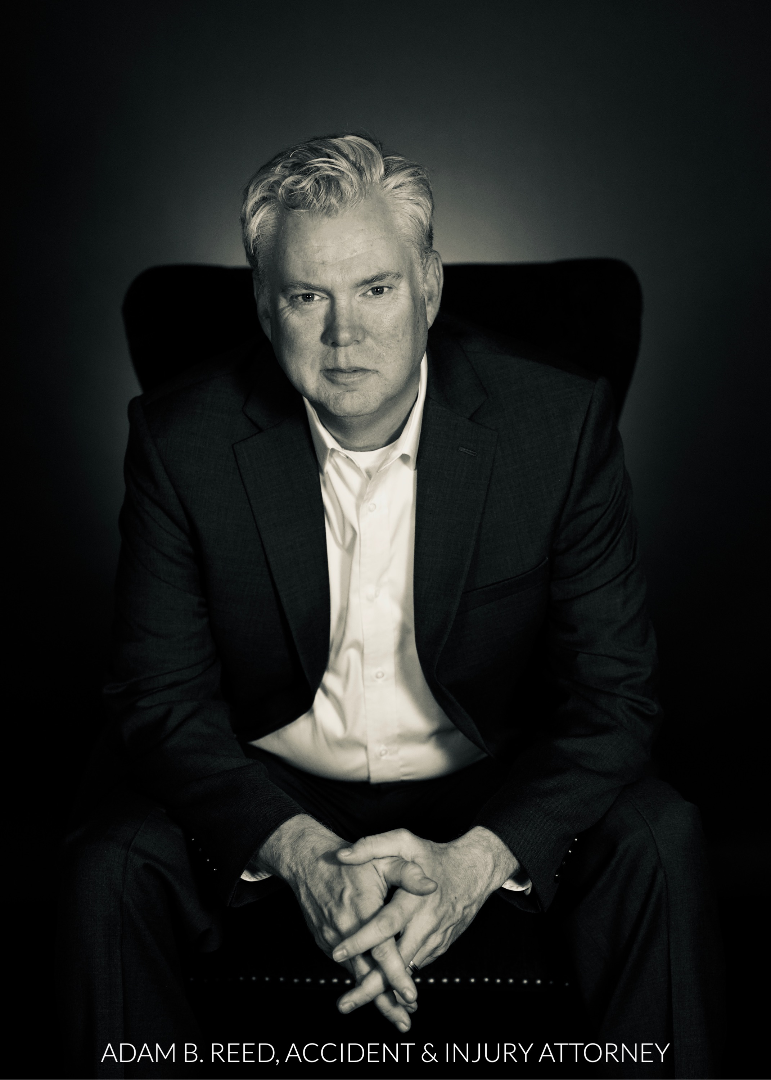A New Nation Is Formed
- Adam B. Reed
- Jul 4, 2020
- 4 min read

In the summer of 1776, in a room in eastern Pennsylvania, the world was changed. For the first time, a new nation was formed not because of land, or power, or wealth, but because of a simple idea.
“We hold these truths to be self-evident; that all men are created equal…”
In 21st century America, the truth of these words is assumed by most of us. But, in 1776, this was a radical idea. We had been fighting for our independence from Great Britain, a nation in which one’s place in society was dictated long before birth and which titles held more sway than work. But, there in Philadelphia, a group of men boldly declared that “these United States” were independent, dedicated to the principle that each man had a right to life, liberty, and pursuit of happiness. Even though they faced a traitor’s punishment, they agreed that liberty was worth risking everything.
Lately, we have been reminded that while in 1776, we proclaimed that “all men are created equal,” our Nation has not always lived this promise. Our history has been a struggle between the American ideal and the realty. We have periodically suffered through upheaval –even a bloody Civil War--to enact these precepts and to ask if we meant what we said in the Declaration of Independence or if these were just merely pretty words.
In recent days, this debate has intensified as 150 years of frustration and, yes, anger, has spilled out and we are confronted once again with the ghosts of our history. We are challenged to come closer to the idea of America and to move away from what has been our imperfect reality. Some criticize this. Some say it is a challenge to our very being as a Nation. Some even wonder out loud if the experiment started in 1776, is now ending.
The truth is that our Nation’s history is full of these challenges as our concept of freedom has expanded, grown and matured. Liberty is not a static condition and freedom is not a cold concept. They live and breathe, expanding as our Nation and our understanding expands.
Our Declaration of Independence not only established liberty in our Nation but it made possible the debates we have today. Before July 4, 1776, the idea that all people were equal to each other was unheard of. Before July 4, 1776, no one would have protested in the streets and called for equal treatment by the government because no one had even thought that was something that was possible. Before our Declaration of Independence, there simply was no place where a people formed a government on the notion that everyone was the same as everyone else under the law.
We are firm believers in these principles, in the Constitution, and in the idea of America, succinctly summarized in those few words of our Declaration of Independence. Our Nation’s history is complex with respect to the application of these principles. As we listen to those who cry out for equal treatment of all persons, we are reminded of the cries made in 1861, and in the 1910s, and in the 1960s, and, yes, those cries made in 1776. The Declaration of Independence, which we celebrate today, made possible the freedom to march in the streets. It has made possible for all to live in liberty, and it has made possible for us, as a people, to demand that all people are treated equally. We demand it because we expect it and we expect it because the Declaration of Independence has said it is our unalienable right.
And while in 1776, our founders may have had a limited meaning when they agreed that “all men are created equal,” we have matured and grown, we have expanded this vision and are challenged today, as we have always been, to keep expanding it. That is America and every day—especially today—we should be proud of the challenges we have met, resolved to oppose those who would deny liberty to some of our people, and vigilant in expanding and preserving freedom for ALL of our people.
But, really, how hard is this? How much of a challenge is this? It is a simple concept. If we treat all Americans--ALL of our people--with the equality that Mr. Jefferson proclaimed in his document, and if we fight those who refuse all of our citizenry their birthright, then the challenge will be met.
On this our Nation’s 244th birthday, our celebrations may be different than in years past. But, nevertheless, let us joyously celebrate today our Nation’s independence. Let us give thanks for the liberty we have and let us strive for liberty to all. Let us realize that our Nation is not some delicate flower, crushed by a mild breeze, but a strong oak, built to weather the storm, watered by debate and discourse, and made even stronger for it. Let us be proud of the work we have done and the work to be done to make sure this principle, simple in its words and so profoundly earth-shattering in its application, is true for all our American brothers and sisters—
We hold these truths to be self-evident: that all men are created equal.
Happy Independence Day from Reed Carter.





























Comentarios